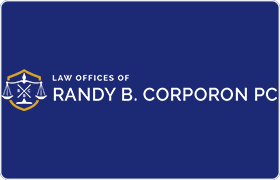Aurora White Collar Crime Lawyer, Colorado
Sponsored Law Firm
-
 x
x

Click For More Info:
-
Law Offices of Randy B. Corporon PC
2821 S. Parker Road Suite 555 Aurora, CO 80014» view mapCriminal Clients First, Excellence Always!
You owe it to yourself and your loved ones to be represented by an experienced, high-quality attorney, with a track record of proven success.
800-976-8531
FREE CONSULTATION
CONTACTDarin Kirk Mangnall
Antitrust, Constitutional Law, Traffic, White Collar Crime
Status: In Good Standing
FREE CONSULTATION
CONTACTBrody W. Weichbrodt
Commodities, White Collar Crime, Criminal, Securities
Status: In Good Standing Licensed: 23 Years
David Lindsey
Computer Law, White Collar Crime, Criminal, Securities Regulation
Status: In Good Standing
Richard A. Hostetler
Litigation, White Collar Crime, Criminal
Status: In Good Standing Licensed: 49 Years
Thomas R Ward
Litigation, Lawsuit & Dispute, White Collar Crime, Criminal, Civil Rights
Status: In Good Standing
Zachary Steven Westerfield
Constitutional Law, Traffic, Bankruptcy, White Collar Crime
Status: In Good Standing Licensed: 18 Years
Markus Funk
Consumer Rights, Litigation, White Collar Crime, International Other
Status: In Good Standing Licensed: 13 Years
 Randy Corporon Aurora, CO
Randy Corporon Aurora, CO
